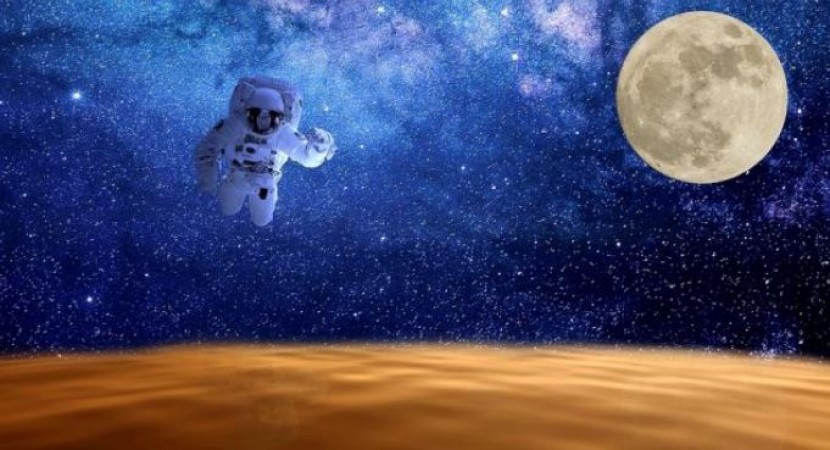
Space Exploration Day, celebrated on July 20th, honors humanity's remarkable achievements in venturing beyond Earth's boundaries and exploring the cosmos. While modern space exploration has captivated the world with its groundbreaking missions, it is essential to recognize the timeless contribution of ancient India in understanding and unraveling the mysteries of space. Centuries before the advent of advanced telescopes and space agencies, the ancient Indians were stargazers, astronomers, and mathematicians who made significant strides in the field of space exploration.
Ancient Indian Astronomy:-
The roots of Indian astronomy can be traced back to the Indus Valley Civilization, which flourished around 3300-1300 BCE. The ancient Indians observed the heavens, studying the celestial bodies, and noting the movement of stars and planets. The Rigveda, the oldest sacred text in Hinduism, contains hymns that reference the sun, moon, and constellations, showcasing their fascination with the cosmos.
Vedic Period and Siddhantas:-
During the Vedic period (1500-500 BCE), the study of astronomy expanded further. The Yajurveda and Atharvaveda contain verses on celestial phenomena, showcasing their understanding of eclipses and planetary positions. As the centuries progressed, Indian astronomers developed Siddhantas - detailed treatises on astronomy. The Siddhantas provided precise calculations for planetary positions, lunar and solar eclipses, and the length of a year.
Aryabhata and the Heliocentric Model:-
One of the most renowned ancient Indian astronomers was Aryabhata (476-550 CE). He proposed a heliocentric model of the solar system, suggesting that the Earth and planets orbited the sun. Aryabhata's work laid the foundation for future astronomers, including the European scientist Copernicus, who proposed a similar model centuries later.
Sophisticated Observatories:-
Ancient India saw the construction of impressive observatories dedicated to studying celestial events. The Jantar Mantar observatories, built in cities like Jaipur and Delhi during the 18th century, were architectural marvels designed to make precise astronomical observations. These observatories helped in determining the positions of celestial bodies, calculating time, and predicting eclipses.
Ancient Indian Knowledge in Modern Space Exploration:-
The knowledge and insights gained by ancient Indian astronomers have had a lasting impact on modern space exploration. Their advanced mathematical techniques and astronomical calculations continue to be used as foundational principles in modern astronomy and space missions.
Conclusion:-
As we celebrate Space Exploration Day, it is vital to recognize the enduring legacy of ancient India in the exploration of space. The stargazers and astronomers of ancient India contributed invaluable knowledge that shaped our understanding of the cosmos. Their dedication to studying the heavens and the celestial phenomena set the stage for the remarkable achievements of modern space exploration. The indomitable spirit of exploration that began centuries ago continues to inspire today's scientists and space agencies as they push the boundaries of human knowledge and understanding in the quest to unlock the secrets of the universe.
India Commences Manufacturing of C-295 Aircraft for Indian Air Force
Music Magic: Unveiling the Latest Bollywood Songs That Are Making Waves Worldwide
Rajnath Singh Chairs Crucial All-Party Meeting ahead of Monsoon Session in Parliament